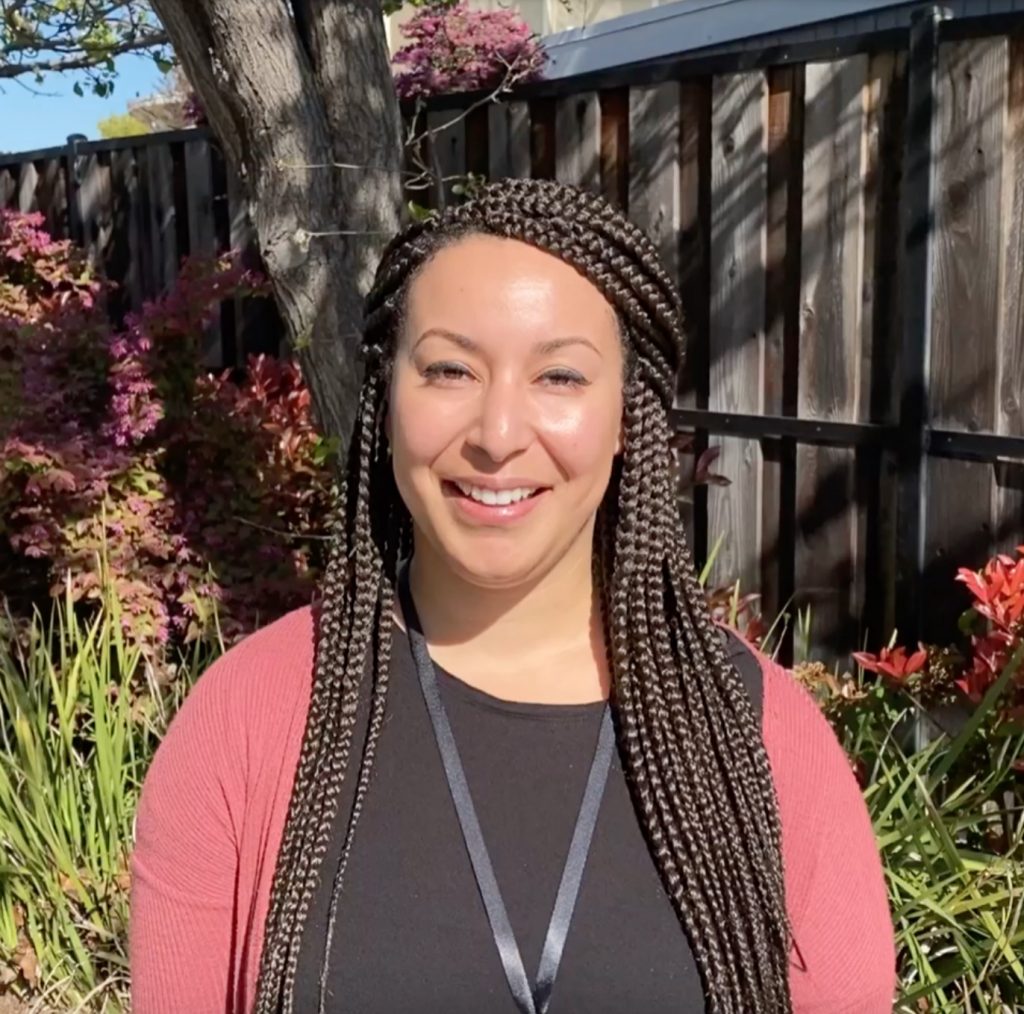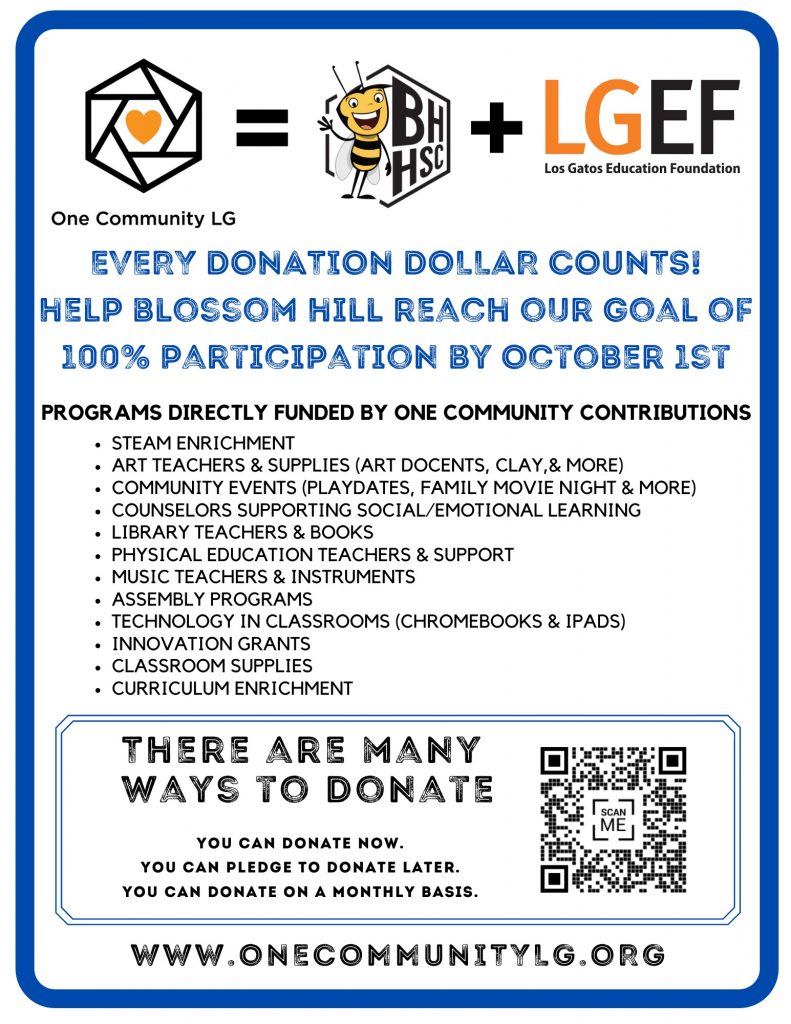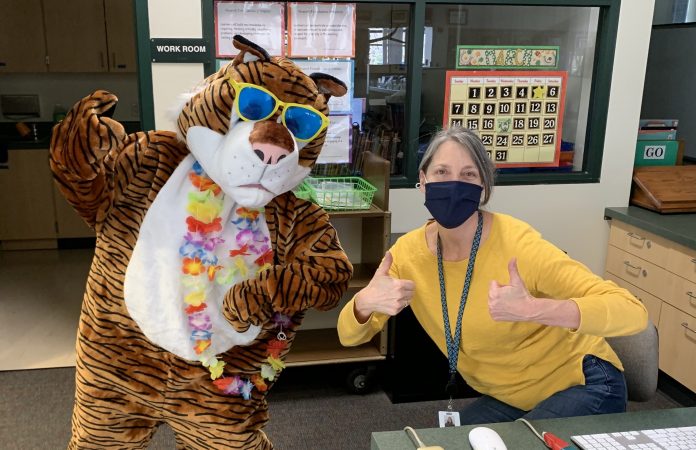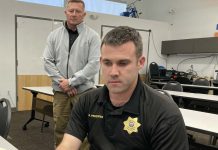Deborah Weinstein, executive director of the Los Gatos Education Foundation, recently visited Daves Avenue Elementary School, where its mascot, the Cool Cat, had been high-fiving students and handing out flyers.
That was part of a drive during Suicide Prevention Awareness Month to bolster the Los Gatos Union School District’s wellness initiatives.
“If you’re not working on mental health, then your student can’t learn,” Weinstein said. “We really want to make student wellness a priority.”
It’s been a challenging couple of years for educators, parents and elementary students, as many young learners struggled to cope with at-home learning.
According to the County of Santa Clara Behavioral Health Services, from 2007-16, Los Gatos had the highest rate of suicide deaths among the county’s cities.
“Los Gatos’s suicide death rate could be attributed to a confluence of risk factors that are associated with the county’s highest number of suicide deaths,” the study said, describing the community as a majority-white (78.6% in 2018), with the highest percentage of adults reporting gun ownership. “While the suicide rate of Los Gatos increased from 2012-15, in 2018, the city’s suicide rate was down to 6.5 per 100,000.”
During the first year of remote learning, the district saw a 200 percent increase in the number of students requiring “intensive” mental health interventions.
Weinstein says that while Los Gatos is known for its amazing public schools, this can sometimes put a lot of weight on youth to perform academically.
“The social pressures and the school anxiety for a high-performing district does have an impact on students,” she said. “That could be one reason why the suicide rate is higher is Los Gatos, because of that extreme pressure that they’re under.”
The district had been trying to address mental health issues. After Paul Johnson was named superintendent, he launched a strategic planning process that identified “wellness” as the top priority.
Just as administrators were rolling out changes, the novel coronavirus showed up.
Parents and educators had hoped to see new teachers focusing on science, engineering, art and math, to help expand the possibilities available to youth, but that idea was put on ice.
“That’s why Covid was such a huge impact,” Weinstein said, “because it really affected students’ ability to learn.”
The foundation sprang into action: gathering statistics, they applied for an El Camino Health Foundation grant.
It took the $110,000 it received, adding in another 40% from its own coffers, and funded a mental health counselor, Savannah Henry, who started in August 2020.

She was able to figure out a way to get some of the most hard-hit kids back on school grounds.
“Her goal was to bring certain students who were really suffering during the pandemic with lack of connection,” she said. “She brought them all in small groups to get together.”
And she was able to connect with more than 700 students.
Weinstein marveled at the work that came out of the Raymond J. Fisher Middle School Art Club.
“It’s actually pretty amazing,” she said. “They met outside, and it was a safe environment to start their connection.”
The foundation was able to renew the grant for 2021.
However, the district had already set aside $110,000, in case the application didn’t go through.
“What they did is they hired a second counselor,” Weinstein said. “So, they’re actually ahead of the strategic plan, which is fabulous for our students, because it’s exactly what they needed.”

While the district didn’t have to lay any teachers off during Covid-19, they weren’t able to grow their roster.
So now, the foundation is raising money to hire two new teachers for next year: one STEAM (science, technology, engineering, art and mathematics) teacher and one dedicated art teacher.
The pandemic has highlighted for many parents how important things like art and extracurriculars can be to ensuring students have a healthy learning environment, Weinstein says.
“They’re willing to sit down and work on handwriting if they know that in 20 minutes they get to go to the library and get read to by one of our awesome librarians,” she said, adding parents are thrilled to have their children back on campus. “They’re really noticing a difference, especially parents who had kids who were struggling.”
Elementary teachers are doing daily and weekly wellness checks with students, and Weinstein says now it’s the children teaching the parents about the importance of mental health issues.
“The parents are really thrilled about it,” she said. “They’re learning the new vocabulary that the students are bringing home.”
For information about the foundation’s wellness initiative, visit onecommunitylg.org.











